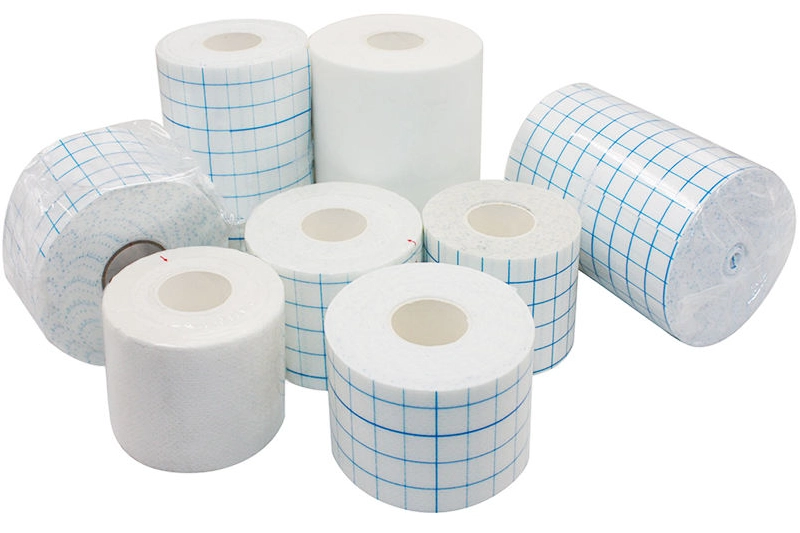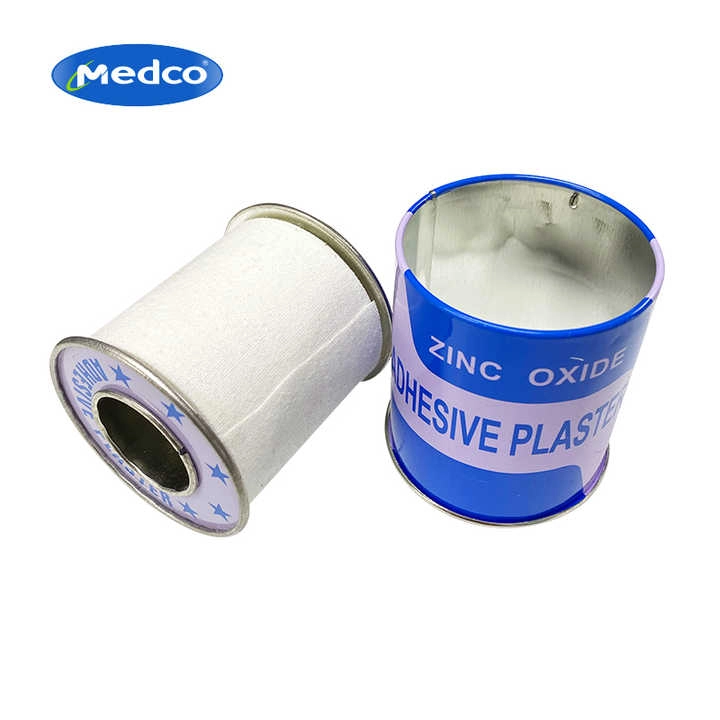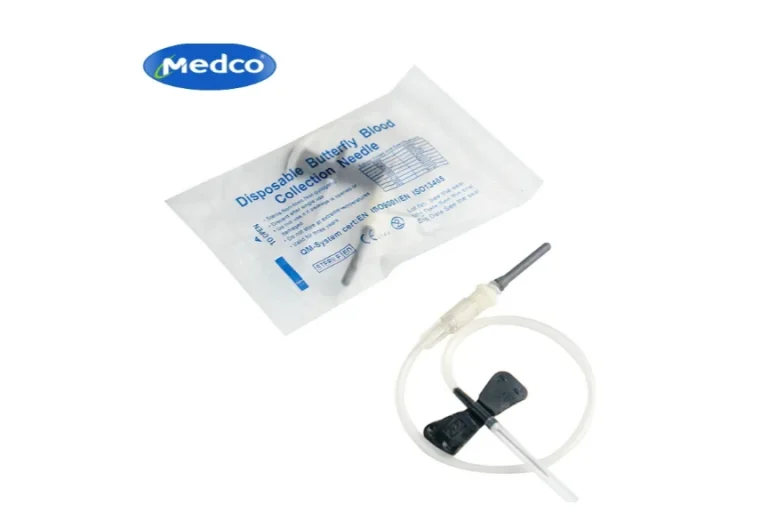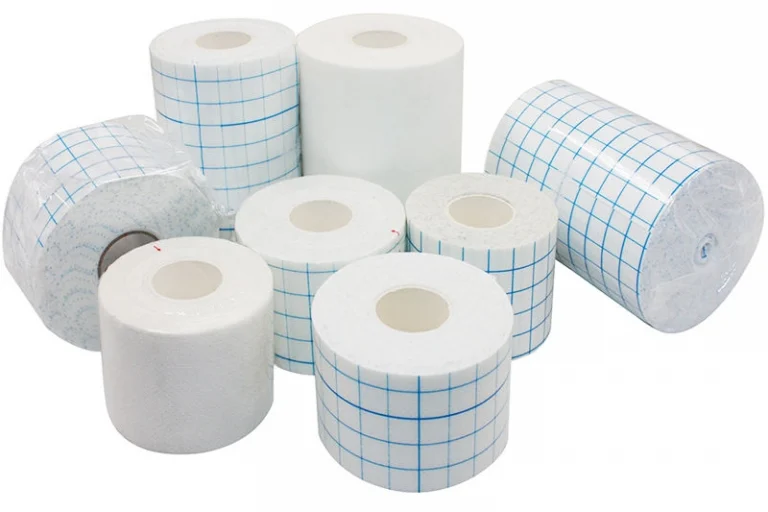
Potential Irritating Ingredients in Liquid Bandages
Liquid bandages are employed fairly frequently today in treating injuries because of their ease of use and efficiency. Consideration should be given to what ingredients are included in the products that could be irritating, for children with skin.
Solvents: Ethanol and Isopropanol
The majority of liquid bandages contain solvents like ethanol and isopropanol as ingredients to dry quickly after being applied by easily dissolving other ingredients in the formula. These are effective at killing bacteria to deter infection. It can be tough for sensitive skin causing dryness or irritation especially in children prone to eczema or dermatitis with delicate skin types.
Film Formers: Polyurethane and Acrylates
Liquid bandages rely heavily upon film formers to establish a shield over wounds – typically composed of polyurethane and acrylates for their bendable and long lasting properties that enable the bandage to flex with the skin while safeguarding it from harm. Even as beneficial as these materials prove to be in their application it should be noted that they can irritate people or cause reactions in them, particularly those with sensitive skin. The likelihood of discomfort is higher when the individual is an allergy victim or when the product is being applied repeatedly.
Antimicrobials: Chlorhexidine and Povidone-Iodine
In a bid to further promote their properties and suppress infection improvement is attained by some liquid bandages by the inclusion of antimicrobial agents such as chlorhexidine and povidone-iodine that function by inhibiting the amount of bacteria in a wound thus reducing the risk of infection; though with all these advantages, both chlorhexidine and povidone-iodine have been found to be allergenic to some individuals thus risking children with sensitive skin who are able to suffer from as minimal as redness irritation to even contact dermatitis if they are prone to such an impact.
Conditions Suitable for Liquid Bandage Use
Knowing the moments to apply liquid bandages is crucial to guarantee safety and efficiency—this is particularly important for kids, with delicate skin.
Appropriate Scenarios: Minor Superficial Wounds like Abrasions and Small Cuts
Liquid bandages work best for surface wounds like scrapes and minor cuts because they have a fast-drying film that creates a waterproof barrier, protecting dirt and germs and letting the wound heal naturally underneath. This type of injury is assisted by the drying film with a waterproof barrier, against dirt and bacteria while the wound heals naturally underneath. When it comes to kids with skin opting for a liquid bandage formulated without strong chemicals can reduce the risk of irritation while still providing adequate protection.
Unsuitable Scenarios: Deep Wounds and Infected Areas
Liquid bandages may not be suitable for all wounds; it is advisable to avoid using them on cuts and infected areas as they have the potential to lock bacteria within the wound and exacerbate infections instead of preventing them from causing further harm. In situations where there are bleeding or clear indications of infection like swelling or pus formation present, the wound site area should opt for conventional wound care practices that involve meticulous cleaning and applying sterile dressings rather than resorting to liquid bandages.
Understanding the components of bandages and their correct applications allows caregivers to make well informed choices when caring for minor injuries in children with delicate skin types safely recommended to conduct a patch test on a small area before widespread application of a new product, on sensitive skin to prevent any potential adverse reactions.
Product Selection for Sensitive Skin
When choosing a bandage for kids with delicate skin conditions, in mind to think about the ingredients carefully is crucially important because the correct selection can greatly lessen the chances of irritation and allergic responses.
Avoid Products with Ethanol, Isopropanol, and Fragrances
It is a recommendation to kids with sensitive skin to refrain from applying liquid bandages that have isopropanol and ethanol in them because they dry out the skin and are irritating in nature instead of helping in quick healing as anticipated. Especially for people who have conditions like eczema that are sensitive to loss of skin dryness and other allergens like fragrances can also become a problem for those allergic to cause reactions so it’s better to use products that do not have these ingredients to prevent any kind of irritation.
Prefer Alcohol-Free or Low-Alcohol Content Products
Choosing bandages that are alcohol-free or have low alcohol content can be advantageous for kids with delicate skin conditions. Alcohol-free versions usually rely on milder solvents that are kinder to the skin yet they still offer effective wound care. Although these solutions may require a bit of time to dry they present a safer choice, for individuals who have sensitive skin tendencies.
Opt for Products Tested for Skin Irritation or Recommended by Pediatricians
Opting for a bandage that has been extensively tested for skin sensitivity can offer reassurance when tending to children with delicate skin types. Numerous known brands carry out dermatological assessments to verify the safety of their offerings across various skin varieties, particularly sensitive ones. Seeking advice, from a pediatrician can also steer caregivers towards products that come with endorsements rooted in medical knowledge and empirical data.
Introduction to Medco and Their Expertise in Liquid Bandages

Medco is widely recognized for its expertise in wound care. Is respected for its creative methods, in crafting medical products tailored to different skin requirements.
Overview of Medco’s Professionalism in the Field
Medco has positioned itself as a player in creating top-notch medical equipment such as liquid bandages by prioritizing research and innovation to uphold strict safety and effectiveness requirements for its products.The team of professionals at Medco consistently assesses materials and technologies to enhance product quality while ensuring user safety is paramount.
Advantages of Medco’s Liquid Bandage Products
Medco’s liquid bandages are notable for their crafted formulas that prioritize sensitive skin needs. They frequently incorporate components and steer clear of typical irritants like alcohol and scents. Furthermore, Medco puts a focus on making application easy and ensuring lasting durability to offer reliable protection while maintaining comfort levels.
Medco’s commitment to excellence is also shown through their partnerships with healthcare experts who offer insights, into the requirements and preferences of patients allowing Medco to develop solutions that not only focus on wound care but also improve user satisfaction by reducing any discomfort related to sensitive skin issues.
When caregivers opt for bandages from trusted brands such as Medco they can be confident that they are selecting products designed to cater to the requirements of children, with delicate skin. The meticulous choice of these products aids in averting discomfort and effectively shields minor wounds as they heal.
FAQ
Q: Which liquid bandages are suitable for children with sensitive skin without irritation?
A: Gentle liquid bandages without alcohol are available for those with skin and feature peel off layers for protection that stretches and moves, with you.
Q: Are liquid bandages painful for children?
A: Parents often feel concerned, about the discomfort associated with applying treatments to their childrens cuts and scrapes; however there are now painless liquid bandages available that offer a more comfortable alternative.




